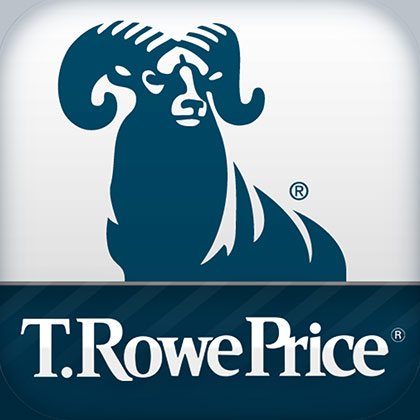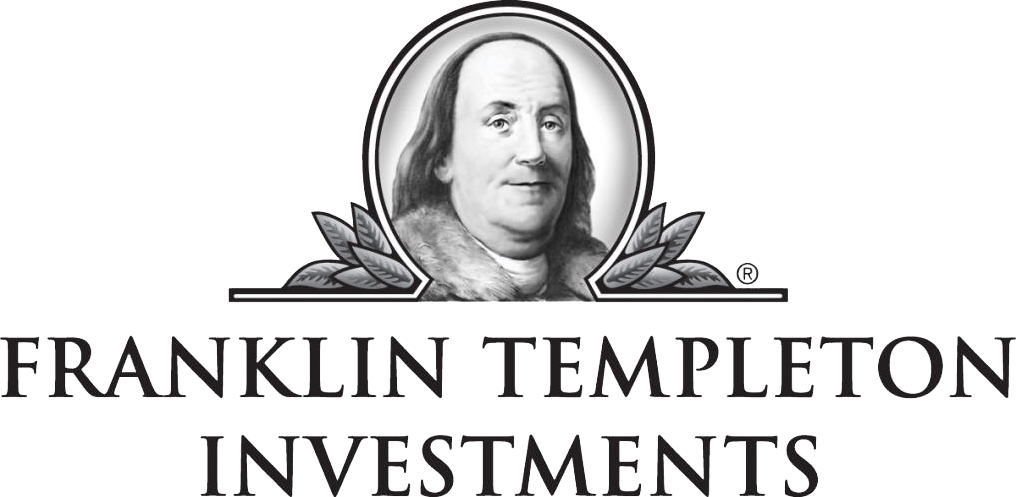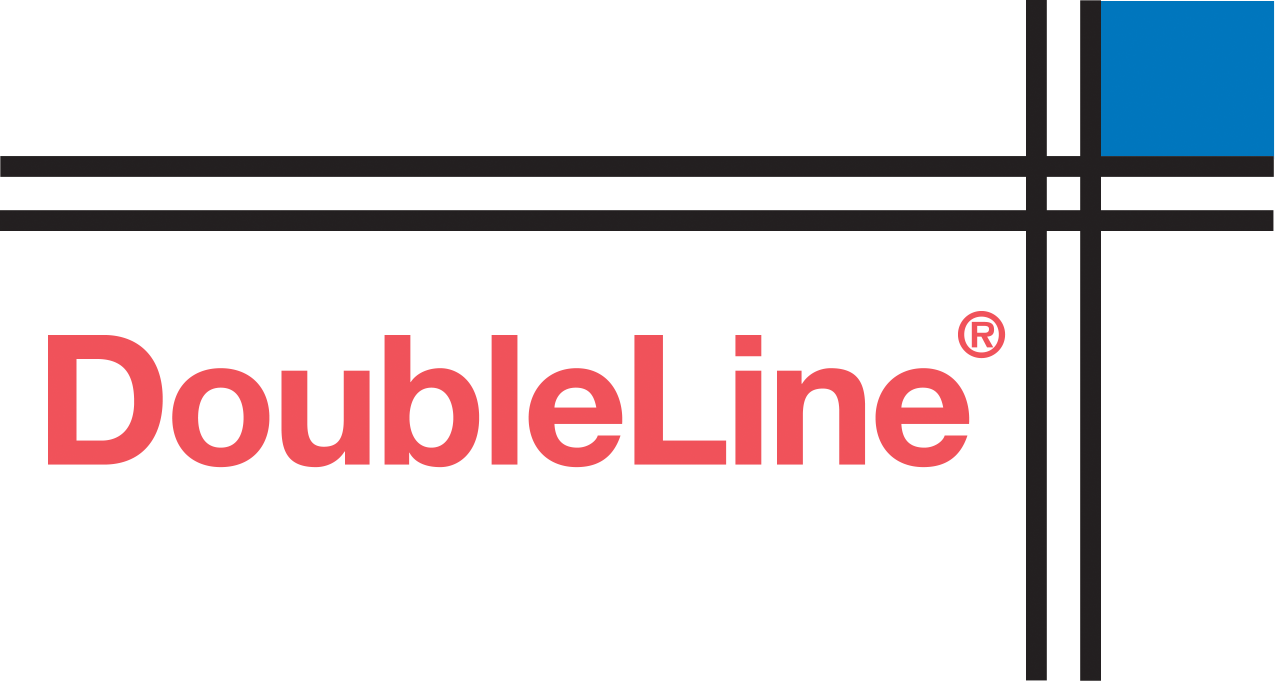Cocheco Financial Group
Cocheco Financial Group is dedicated to provide highly professional personal wealth management and retirement planning. We strive to provide unmatched advice to people who take their finances, their families, and their goals seriously. Many of our clients have often referred to us as their Personal CFO.
Our clients are everyday people looking for organization, education, and forward-thinking. We are proud to work with a variety of people including teachers, engineers, doctors, police officers, plumbers, contractors, lawyers, accountants, landscapers, and business owners alike.
Why Choose to Work with Us
Founded by John Gill, Cocheco Financial Group is driven to lead our friends and clients toward their financial goals through sound investment, estate, and tax planning. John and his staff believe in the principals of being good financial stewards, saving and planning, building wealth for the future, retiring with financial confidence, and passing wealth tax-efficiently to future generations.
Our mission is simple: we help our clients plan for what is important to them. We believe a review meeting isn’t time to just sit and analyze a quarterly statement, but to look at the big picture to see where you’re heading and how to stay the course. Plain and simple, our job is to stay focused on you meeting your goals. That is why you hire us.




























